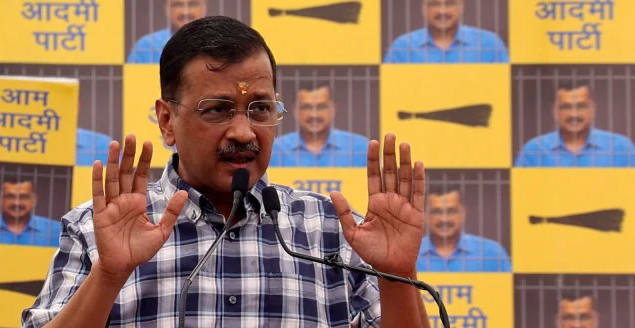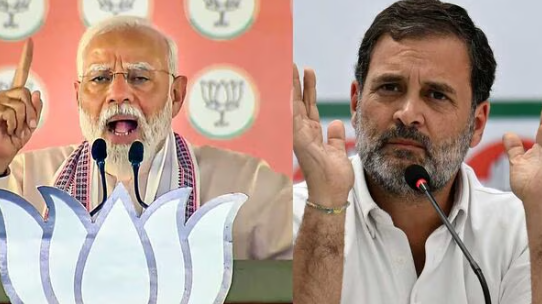Breaking News: ED Reveals Chats Between Arvind Kejriwal and Hawala Operator in Supreme Court
- zarasushmaa
- May 18, 2024
- 2 min read
In a significant development in the ongoing Delhi excise policy case, the Enforcement Directorate (ED) disclosed to the Supreme Court that they have obtained direct, personal chats between Chief Minister Arvind Kejriwal and an unnamed hawala operator. This revelation came during the hearing of Kejriwal’s petition challenging his arrest by the ED.

ED’s Allegations and Court Proceedings
The ED, which arrested Kejriwal on March 21, is investigating allegations of money laundering linked to the Delhi excise policy. Additional Solicitor General (ASG) S V Raju, representing the ED, informed the bench of Justices Sanjiv Khanna and Dipankar Datta about the newly discovered chats. He stated, “Now we have found chats between Arvind Kejriwal and the hawala operator. Personal, direct chats.”
Justice Khanna inquired about the materials in the ED’s submission after the Manish Sisodia judgment, prompting Raju’s disclosure. However, this assertion was met with strong objections from Senior Advocate Abhishek Manu Singhvi, representing Kejriwal. Singhvi questioned the timing and purpose of the revelation, suggesting it might be an attempt to prejudice the court’s decision.
Debate Over Fairness and Evidence
Singhvi argued that the ED was withholding this information until the last moment to unfairly influence the outcome. He stated, “This is to create doubt at the last minute, get your Lordships to suddenly change… This is not fair.” Singhvi also pointed out that the alleged chats were not mentioned in the grounds of Kejriwal’s arrest and were only brought up at the end of the hearing.
Solicitor General Tushar Mehta interjected, emphasizing that the court, not the media, was the audience for these proceedings. He defended the ED’s actions, arguing that the evidence justified Kejriwal’s arrest.
Court’s Response and Next Steps
The bench has reserved its verdict on Kejriwal’s petition and has requested the ED to provide the case files, including witness statements recorded after the Supreme Court denied bail to former Deputy Chief Minister Manish Sisodia. The court indicated that Kejriwal could seek bail from the trial court if advised, despite the reserved judgment.
Justice Datta raised questions about the interpretation of Section 19 of the Prevention of Money Laundering Act, which permits ED officers to arrest individuals based on material that gives rise to a “reason to believe” in their guilt. The debate centered around whether “reason to believe” should be interpreted as “reasonable suspicion.”
Singhvi’s Defense and Accusations Against ED
Singhvi contended that the ED had selectively ignored exculpatory witness statements while emphasizing those that implicated Kejriwal. He also questioned the credibility of certain witnesses, highlighting that P Sarat Reddy, who testified against Kejriwal, had made donations to the BJP via electoral bonds.
Regarding the allegation that Kejriwal demanded a Rs 100 crore bribe, Singhvi argued that if true, Kejriwal should have been charged under the Prevention of Corruption Act as well.
Conclusion
As the Supreme Court deliberates on this high-stakes case, the new evidence presented by the ED has added a complex layer to the proceedings. The final judgment will have significant implications for Arvind Kejriwal and the ongoing investigation into the Delhi excise policy case. Stay tuned for further updates on this developing story.

Comments